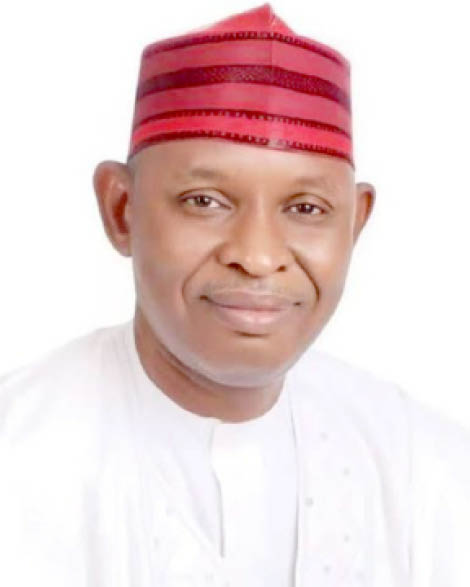Stakeholders score Kano Govt high on educational reforms
Stakeholders have said the Kano State government’s declaration of a state of emergency on education has distinguished Governor Abba Yusuf in such a way that should inspire his colleagues in northern Nigeria. They spoke during an X (formally Twitter) Spaces held on Thursday, with the topic, “Education in Northern Nigeria: Is Kano On The Right […]

Kano governor Abba Yusuf
Stakeholders have said the Kano State government’s declaration of a state of emergency on education has distinguished Governor Abba Yusuf in such a way that should inspire his colleagues in northern Nigeria.
They spoke during an X (formally Twitter) Spaces held on Thursday, with the topic, “Education in Northern Nigeria: Is Kano On The Right Track?”.
In June, the governor took decisive action to address the poor state of the education system by declaring a state of emergency on education to address the sector’s challenges.
Yasmin Muktar, the Senior Special Assistant to the Governor on Women Education, said the condition the current administration in Kano met in the sector was deplorable.
“Schools were like graveyards and school premises became breeding grounds for reptiles, while infrastructure, resources and policy frameworks were nothing to write home about,” she said.
Participants also said Governor Abba’s decision to declare a state of emergency on education should be commended and supported.
Iorinma Ahmad said, “Education in the northern part of Nigeria requires priority attention, that is why the governor showed immediate interest in revitalizing the sector to save it from collapse.
“In fact, school resumption was slightly delayed in Kano to ensure that some measures and facilities are in place,” he said.
Another speaker and founder of Arewa Twitter, Abdullahi Adaki said genuine commitment was the difference between the Kano government’s interventions and those of other northern states.
Speakers, who decried the out-of-school situation in northern Nigeria, urged other northern states to follow Kano’s example as a way of addressing the situation.
Mariam Rabiu, who said the out-of-school situation in the region was a “pandemic”, along with inadequate quality teachers, said the interventions under the present administration mean that the state is on track.
Speakers therefore commended the recruitment of 5,000 new teachers as part of efforts to revitalize the education system.
The governor said the initiative aimed to provide the required manpower for public schools in the state to provide quality education.
They also commended the school feeding programme, which the governor reintroduced, saying it would increase enrollment and discourage cases of dropouts.
Participants however admitted that poverty played a role in the underdevelopment of education in the region.
“Poverty is one of the major reasons hindering enrolment, but now that we are feeding students and providing them with instructional materials and a conducive learning environment, they are excited to go to school,” Muktar said.
On his part, Prof. Usman Modibbo advised the Kano State governor to retain his education reforms legacy through legislation so that the gains recorded won’t regress after his tenure.
The Dean, Faculty of Health Sciences at the National Open University of Nigeria, said the governor should create an incentive system so that teachers employed and trained under the intervention would be retained.
He also said component skills should be included in the education system so that graduates can be prepared for opportunities.
“For instance, if a microbiology student is allowed 30 per cent opportunity to study a component course in food technology, it will place them in a better stead,” he said.
